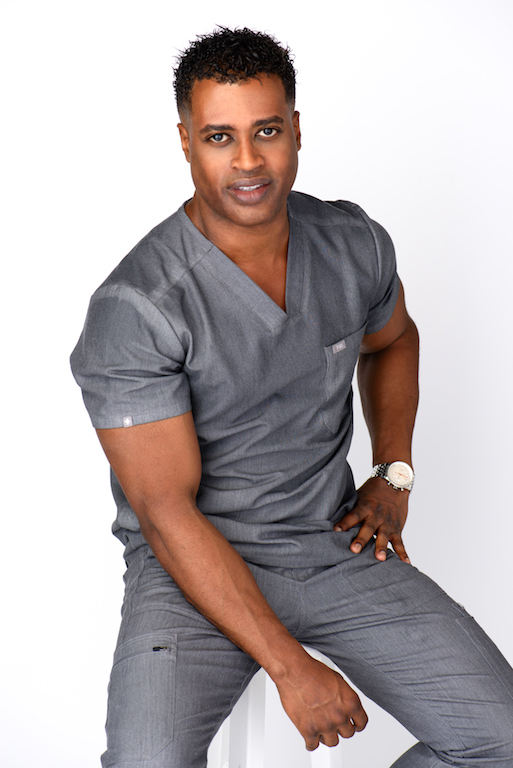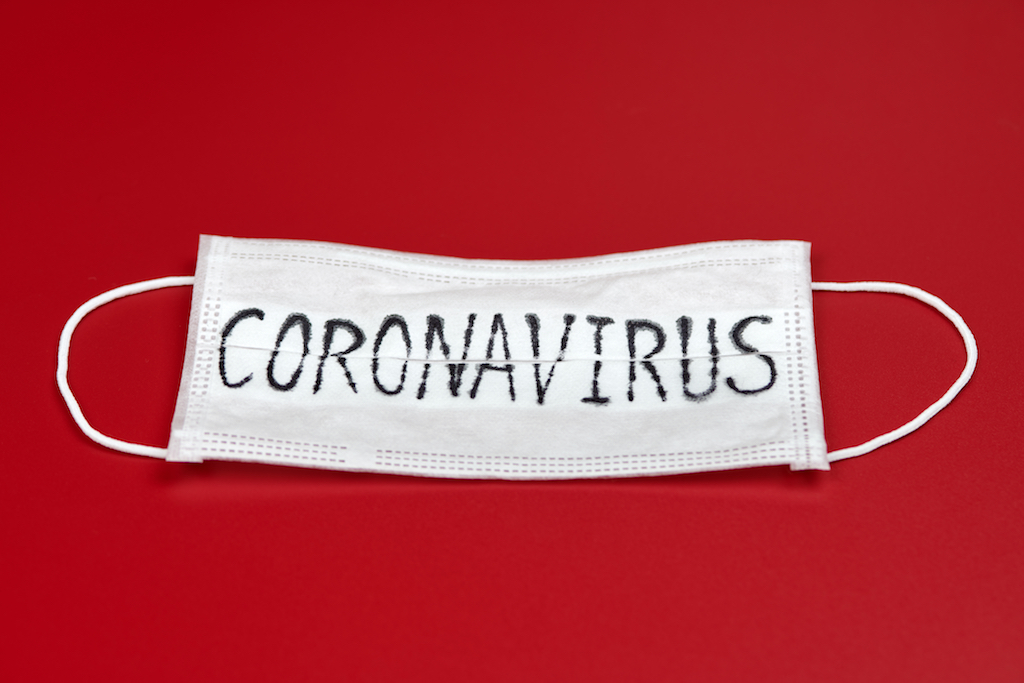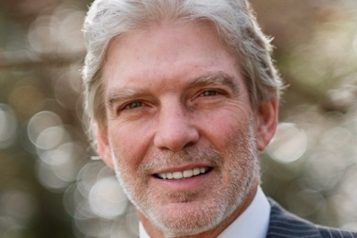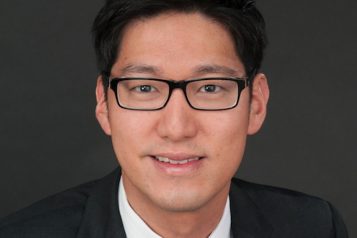Editor’s note: Jay Young, MD is a board-certified surgeon specializing in the nose and sinuses. His expertise includes facial plastic surgery such that he can treat medical and cosmetic conditions related to the nose and face. Dr. Young has a background in engineering and is passionate about employing the latest devices to treat his patients. He is the founder of the Miami Nose and Sinus Center where a primary focus is on minimally invasive nasal and sinus procedures for snoring and sleep disorders. Dr. Young is also adept at rhinoplasty, Botox, fillers, facial rejuvenation, and skin cancer reconstruction.
Haute MD sits down with Dr. Jay Young to learn more about the Coronavirus, or COVID-19, and to hear how the pandemic is affecting doctors and surgeons in the field.
 Photo Credit: Photo Courtesy of Dr. Jay Young
Photo Credit: Photo Courtesy of Dr. Jay Young
HB: How is the Coronavirus Spread?
The Coranavirus (COVID-19) is believed to spread mainly from person-to-person contact. Specifically, between people who are in close contact with one another (within roughly 6 feet or less). When an infected person coughs or sneezes, respiratory droplets are produced. Subsequently, these droplets can land in the mouths or noses of people who are nearby or possibly be inhaled into the lungs. Spread from contact with contaminated surfaces or objects can also occur. It may be possible that a person can get COVID-19 by touching a surface or object that has the virus on it and then touching their own mouth, nose, or possibly their eyes, but this is not thought to be the main way the virus spreads. It is unclear exactly how long coronavirus can survive on surfaces and still lead to infection. Because the specifics have not yet been elucidated, hand washing is of paramount importance.
HB: What measures have you seen take place in your clinic or others to prevent the spread of Coronavirus?
At the Miami Nose and Sinus Institute we have implemented screening questionnaires prior to visit to help guide patients to the most appropriate care. Prior to the pandemic, our offices have always had stringent protocols with sterility and cleanliness but we have added additional sanitizers and educational flyers in the offices to encourage and promote similar hand washing/cleaning protocols with patients.
 Photo Credit: Shutterstock
Photo Credit: Shutterstock
HB: Have you seen a decrease in consultations for fear of being exposed to it?
As there is overlap in symptoms with coronavirus and other respiratory infections (e.g. the common cold and influenza), there has not been a noticeable decrease in consultations but quite the opposite. Patients have come in with nasal congestion and concerns for the virus while others have moved up their appointments for both medical and cosmetic procedures. For patients with chronic medical conditions, such as sinusitis, many are coming in earlier than scheduled appointments to optimize their treatment regimens and for prescription refills.
HB: What do you recommend as an everyday rule to not only keep the Coronavirus away but other maladies as well?
Good hand-hygiene is of extreme importance with or without coronavirus. On a personal note, for probably the past decade, I keep a hand sanitizer in my car and I use it before even starting the vehicle (passenger side has bottle too). As soon as I get home, I wash my hands as general habit. Obviously, this is not mandatory but illustrates the fact that good habits can be employed even when not in a disease outbreak. As a general rule of thumb, intact skin is a reasonable barrier to maladies but entry points such as the eyes, nose, and mouth are more susceptible. Hence, not touching the face unless the hands have been cleaned is helpful in preventing spread of many infections. Instead of handshakes, non-contact forms of greetings are preferred and consider tap and pay instead of handling cash if feasible. You do not have to self-quarantine if asymptomatic and no known exposure as we have to live our lives but avoid crowds and larger gatherings when possible. If you can work from home or do a videoconference meeting then certainly consider this. Increasing ventilation by opening windows and regularly disinfecting surfaces are both easy and practical ways to decrease risk at home or work.
HB: What are the probable outcomes or perhaps solutions in regards to the Coronavirus?
You will likely see a significant spike in the number of infections in the very near future. Eventually there will be better availability of testing. There will almost certainly be significant medical and economic implications with this virus. Researchers in conjunction with the pharmaceutical industry are working diligently for vaccines and treatments however; this will likely take upwards to a year or more before clinical availability. Optimistically, there is hope and belief that similar to SARS and MERS, the widespread global risk of coronavirus will eventually become negligible. In the interim, I would encourage everyone to take heed to warnings and recommendations from local and national leaders including trusted guidance from your physician and the CDC.
For more information, visit Dr. Brian A. Levine's social media:

























